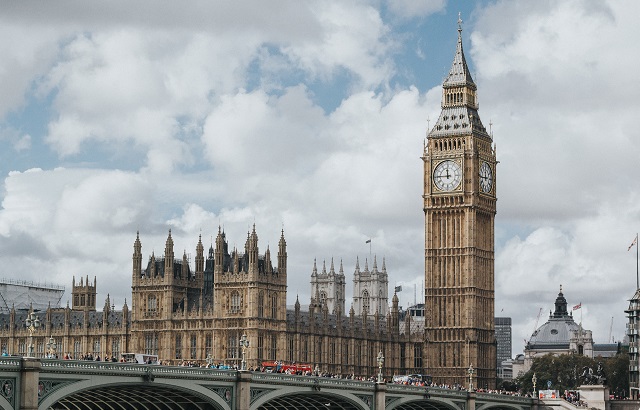The UK parliament has called for written evidence about the incoming Financial Services and Markets Bill.
The bill is looking to revoke retained EU law on financial services and replace it with “an approach to regulation that is designed for the UK”.
On 8 September 2022, UK parliament asked for comments from anyone who has “relevant expertise and experience or a special interest in the Financial Services and Markets Bill”.
The Public Bill Committee will receive the written evidence as it scrutinises the legislation line by line.
The first sitting of the Public Bill Committee is expected to be on Tuesday 20 September and the committee is scheduled to report by Tuesday 25 October.
“However, please note that when the committee concludes its consideration of the bill it is no longer able to receive written evidence and it can conclude earlier than the expected deadline of 5.00pm on Tuesday 25 October,” the UK parliament said. “You are strongly advised to submit your written evidence as soon as possible.”
The plan to formally introduce a Financial Services and Markets Bill was announced on 10 May 2022 in the Queen’s Speech, undertaken by King Charles, at the state opening of parliament.
Aims
The Financial Services and Markets Bill aims to:
- Implement the outcomes of the Future Regulatory Framework (FRF) review;
- Maintain the UK’s position as an open and global financial hub;
- Harness the opportunities of innovative technologies in financial services;
- Bolster the competitiveness of UK markets and promote the effective use of capital;
- Support the levelling up agenda, promote financial inclusion and consumer protection;
The bill is made up of seven parts. Part 1 contains three chapters:
- Chapter 1 (clauses 1 to 7) would allow for the Treasury to revoke (or amend) hundreds of pieces of retained EU financial services law;
- Chapter 2 (clauses 8 to 23) would then grant additional powers to regulators to, in part, fill gaps in regulation left by the revocation of retained EU law. It would also allow for greater regulation of financial promotions and stablecoins; and
- Chapter 3 (clauses 24 to 46) would implement measures intended to ensure appropriate democratic accountability for regulators, considering the significant transfer of powers to them that the bill facilitates.
Part 2 (clauses 47 and 48) seeks to ensure continued access to cash. Parts 3 to 5 (clauses 49 to 51) would allow for greater regulation of individuals working in firms that set processes for financial transactions.
Part 6 (clauses 52 to 65) contains several miscellaneous measures. These include a replacement for the cash ratio deposit scheme and enhanced compensation arrangements for victims of advance push payment fraud; and part 7 (clauses 66 to 73) contains provisions relating to interpretation, extent and commencement of the bill.
However, it is not clear whether with the death of Queen Elizabeth II and her upcoming funeral, the deadlines will be extended.








